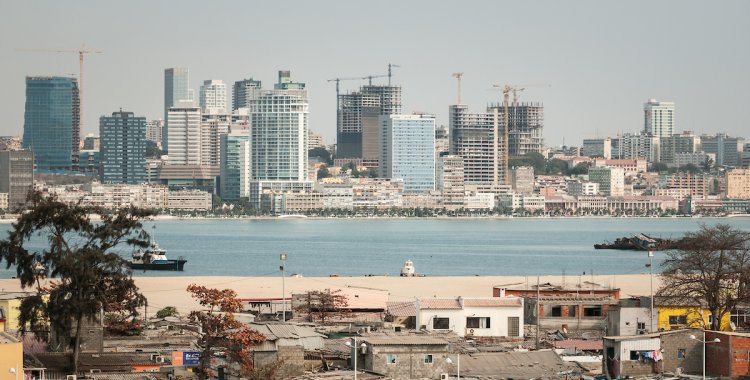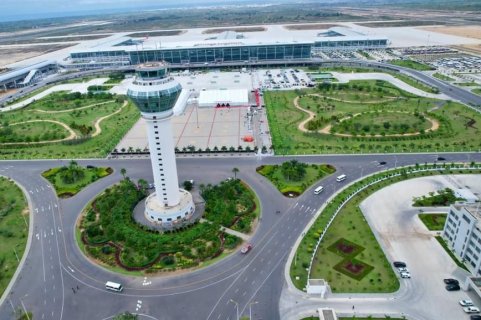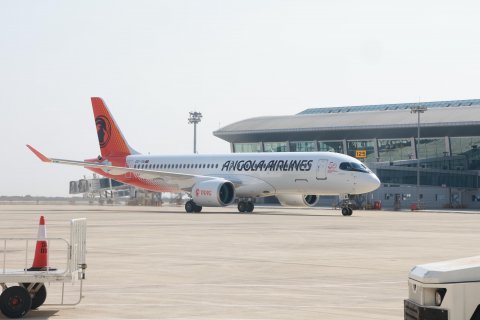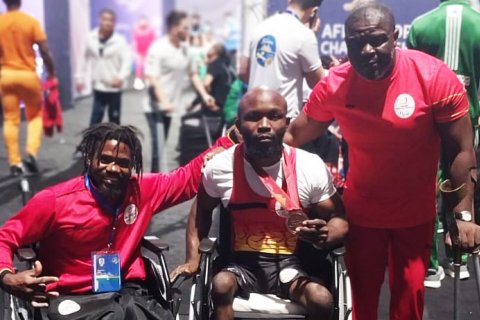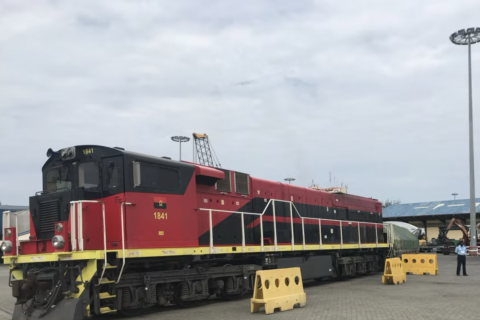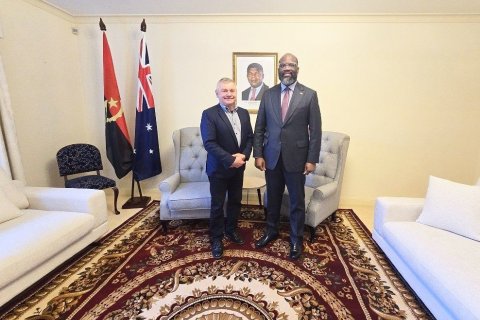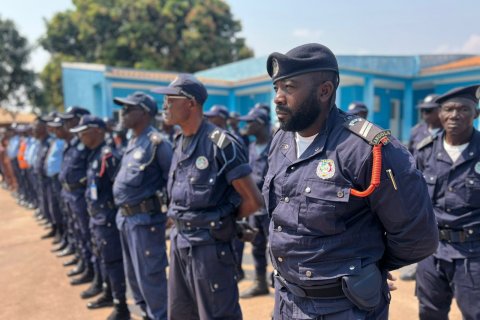The announcement, from the UN press service, highlights that "Angola has been a member of the least developed countries since 1994 and is receiving assistance for its graduation".
The UN press service adds that the remaining Portuguese-speaking countries in Africa that are still in the category of least developed countries are Guinea-Bissau, since 1981, Mozambique, which was included in 1988, and East Timor, which entered the list in 2002.
Cape Verde graduated in 2017, after 30 years in the bloc of least developed countries.
Portugal is the only developed country in the group of Portuguese-speaking countries.
Brazil is in the group of medium-developed countries and in 2024 the Brazilian economy was considered the ninth largest in the world.
Last Friday, the UN announced that "São Tomé and Príncipe has officially ceased to be a member of the Least Developed Countries", stating that this milestone marks "a significant achievement in the development journey".
According to a publication on the UN website, the announcement was made in New York by the Office of the High Representative for the Least Developed Countries, Landlocked Developing Countries and Small Island Developing States.
The "promotion" of São Tomé and Príncipe was warmly welcomed by the São Tomé Prime Minister.
In a statement released on Saturday, Patrice Trovoada said it was an "important milestone" and a "historic moment".
"It is with deep pride and a sense of responsibility that today we share an important milestone in the trajectory of São Tomé and Príncipe, which is the graduation of our country from the group of least developed countries to the status of a middle-income country. It is recognition of the progress we have achieved over the years, the result of the collective effort of all São Toméans and the solid partnerships we have cultivated with the international community", Patrice Trovoada stressed.
São Tomé and Príncipe's graduation to middle-income country comes at a time when the archipelago still does not have a comprehensive credit agreement with the International Monetary Fund (IMF), despite the technical agreement announced in November after two years of negotiations.
The United Nations Development Policy Committee proposes the economies that transition and identifies those that must meet the criteria to begin the graduation process that takes place every two years.
The category of least developed countries was created by the UN in 1971 and encourages the provision of aid to low-income countries because they are highly vulnerable to economic and environmental crises and have low levels of human development.

